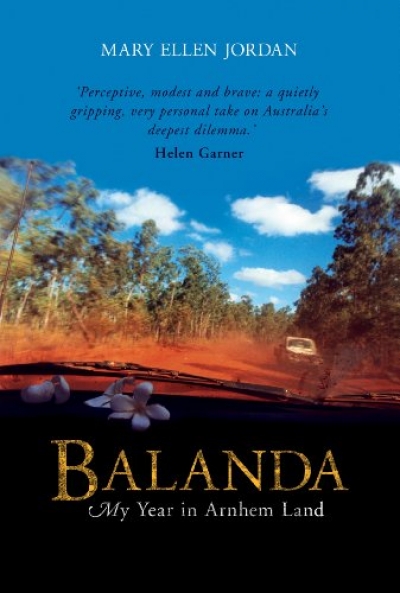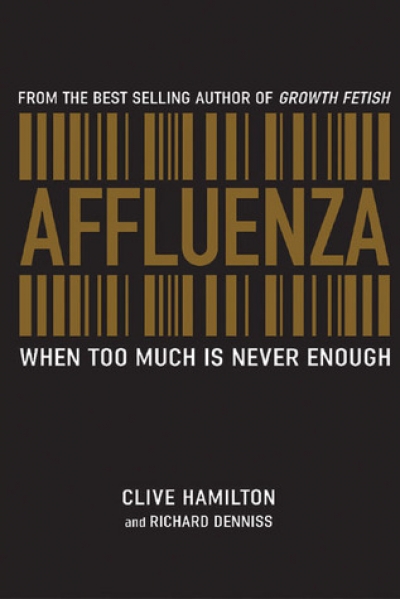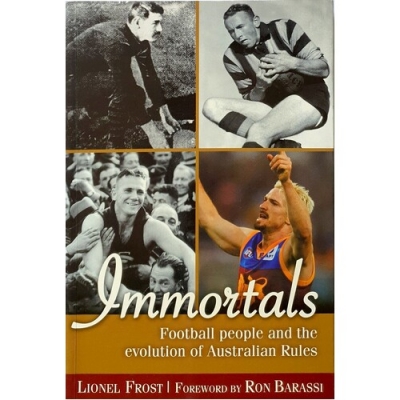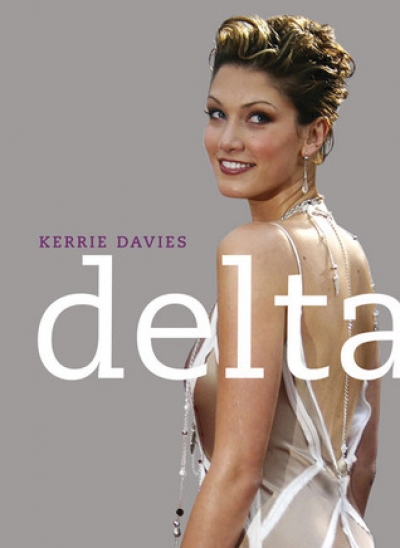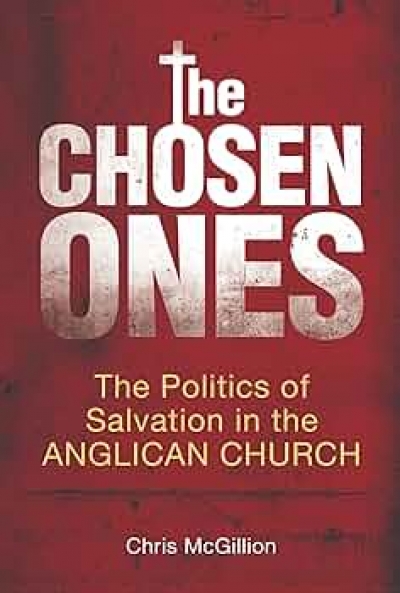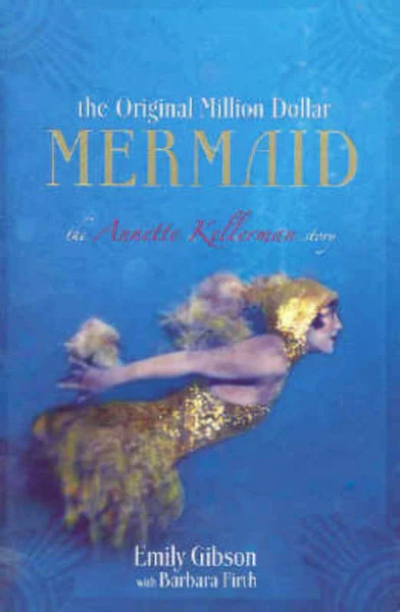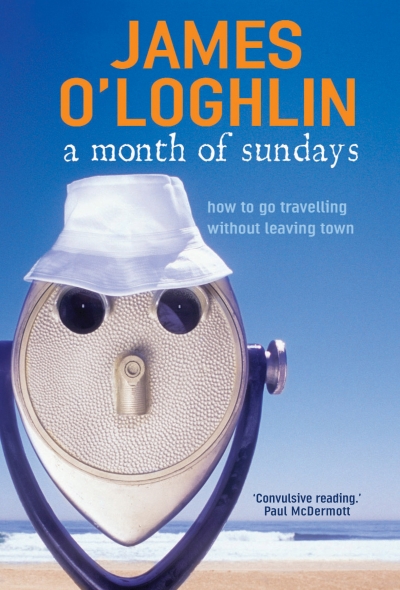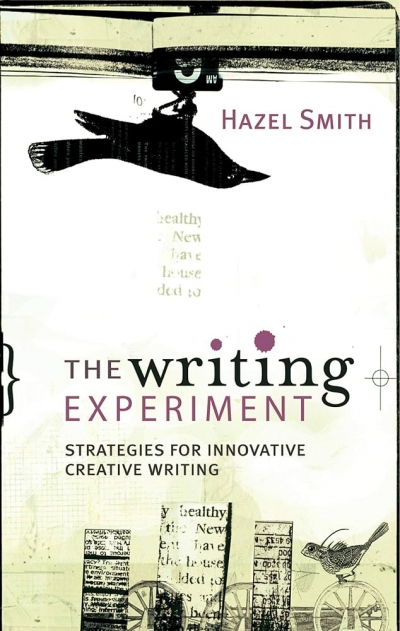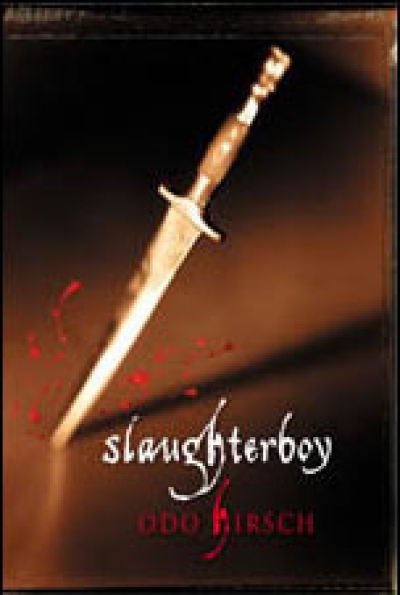Allen & Unwin
Sign up to From the Archive and receive a new review to your inbox every Monday. Always free to read.
Recent:
Affluenza: When too much is never enough by Clive Hamilton and Richard Denniss
by Amanda McLeod •
Immortals by Lionel Frost & Keeping the Faith by Steve Strevens
by Brian Matthews •
The Chosen Ones: The politics of salvation in the Anglican Church by Chris McGillion
by Ann-Marie Priest •
The Original Million Dollar Mermaid: The Annette Kellerman story by Emily Gibson (with Barbara Firth)
by Brian McFarlane •
The Writing Experiment: Strategies for innovative creative writing by Hazel Smith
by Rick Hosking •


